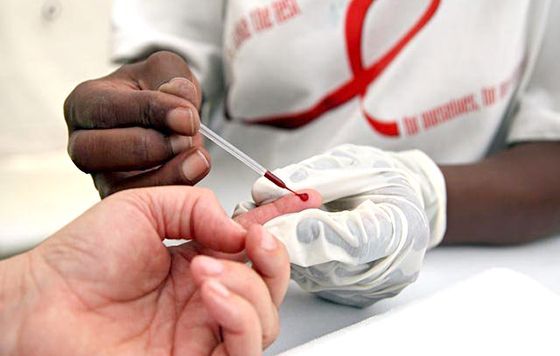
Cuba first to end mother-to-child transmission of HIV, an important victory in fight against AIDS
Cuba on Tuesday earned the distinction of becoming the first country to eliminate mother-to-child transmission of the HIV virus, an achievement that global public health officials said they hoped would inspire others to invest in campaigns and policies to try to do the same.
The milestone is a key step toward eradicating the virus even without a cure, an idea that was once considered a pipe dream but that in recent years has been considered a realistic goal by world leaders.
“This is a major victory in our long fight against HIV and sexually transmitted infections, and an important step towards having an AIDS-free generation” Margaret Chan, WHO director-general, said in announcing the accomplishment.
Michel Sidibé, executive director of UNAIDS, said in a statement that experience in Cuba “shows that ending the AIDS epidemic is possible.”
In the early years of the epidemic, the birth of so many HIV-positive babies to women who were HIV-positive was one of the most heartbreaking problems facing health officials. Today doctors can cut the risk of transmission to just over 1 percent if antiretrovirals are given to both the mother and the child. In recent years, the number of children born each year with HIV has dropped by almost half — from 400,000 in 2009 to 240,000 in 2013. Unfortunately pregnant mothers in less wealthy countries often don’t have access to such treatments.
Cuba benefited from a project run by the WHO and the Pan American Health Organization started in 2010 to eliminate mother-to-child transmission of HIV and syphilis. As part of that initiative, each country expanded early access to prenatal care, testing for the diseases and treatment for both the mothers and babies. In Cuba these services were provided as part of a universal health system.
As a result of the country’s efforts, the WHO said, only two babies were born with HIV in Cuba in 2013.
(From: The Washington Post)


